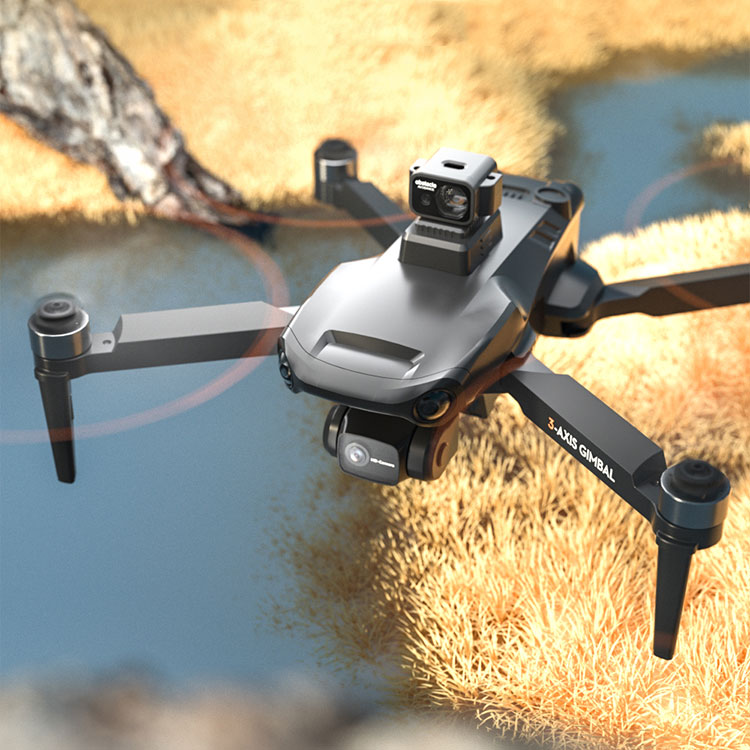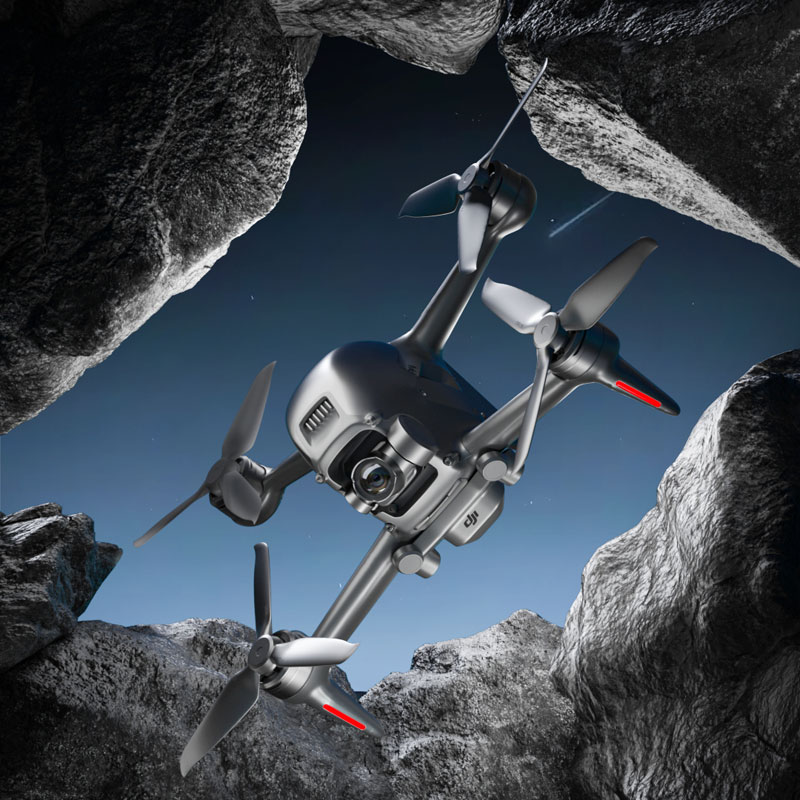As tensions rise globally, the use of drones for surveillance by the Chinese Communist Party (CCP) has become a point of significant concern for many nations. With sophisticated drone technology, CCP drones are capable of collecting vast amounts of data, leading to potential security breaches and information leaks that could compromise national security. Therefore, understanding and countering CCP surveillance drones is crucial in safeguarding sensitive data and maintaining the autonomy of regions under threat.
Understanding CCP Drone Capabilities
The CCP has invested heavily in drone technology, leading to advancements that afford their drones high maneuverability, extended flight times, and enhanced payload capacities. These drones can be deployed quickly and cover large distances, making them formidable tools for surveillance operations. Equipped with various sensors, including thermal and infrared cameras, they can capture high-resolution images and resolve minute details, which further exacerbates the threat they pose. Additionally, CCP drones are designed to be stealthy, often evading traditional radar detection methods, increasing their effectiveness in covert operations.
Strategic Countermeasures
Implementing strategic countermeasures is essential to mitigate the risks posed by CCP surveillance drones. One effective measure is the use of advanced radar systems that can detect drone signatures, giving early warning to security agencies. Such systems can be enhanced with AI algorithms to differentiate between drones and benign objects, improving detection rates and response times. Moreover, deploying drones equipped with anti-drone technology, such as signal jammers and net guns, provides active defense measures by disabling or capturing hostile drones mid-flight.
Cybersecurity protocols must also be enhanced to protect digital systems from potential data breaches. This involves encrypting sensitive data and employing robust firewalls to block unauthorized drone communications and data transmissions. Cyber defenses can be complemented with regular system audits to identify and rectify vulnerabilities before exploitation.
International Cooperation
International cooperation and intelligence sharing among nations threatened by CCP drones are vital for building cohesive defense strategies. Collaborations can lead to shared surveillance networks that improve early detection and provide resources for counter-drone operations. Joint training programs can bolster the skills of security personnel, ensuring they are well-equipped to handle drone threats in various environments.
Nations can also work together to forge regulations that limit the proliferation of drone technology capable of misuse. This includes coordinating policies that restrict the export of high-risk drone components and ensuring compliance through global monitoring initiatives.

Implications for Privacy and Civil Liberties
The escalation of surveillance by CCP drones raises critical concerns regarding privacy and civil liberties. As countermeasures intensify, there exists a fine balance between ensuring security and preserving individual freedoms. Transparency in operations and clear regulations regarding drone usage must be maintained to prevent misuse by governmental authorities, which could lead to invasive practices infringing upon citizens’ rights.
Moreover, public awareness campaigns can help educate citizens about the risks posed by surveillance drones and empower them to report suspicious drone activities. Engaging the public in defense efforts creates a more robust community-level response to drone threats.

Frequently Asked Questions
Q: How can individuals protect their privacy from surveillance drones?
A: Individuals can protect their privacy by staying informed about drone regulations, reporting suspicious drone activity, and using technology like anti-drone apps and privacy shields where applicable.
Q: Can drones only be used for surveillance?
A: While surveillance is a primary use, drones are also utilized for various applications like agricultural monitoring, disaster response, and logistics, emphasizing their versatility.
Q: Is international cooperation critical in countering CCP drones?
A: Yes, international cooperation enhances resource sharing, intelligence exchange, and policy co-development, making it integral to creating effective countermeasures against CCP drones.
